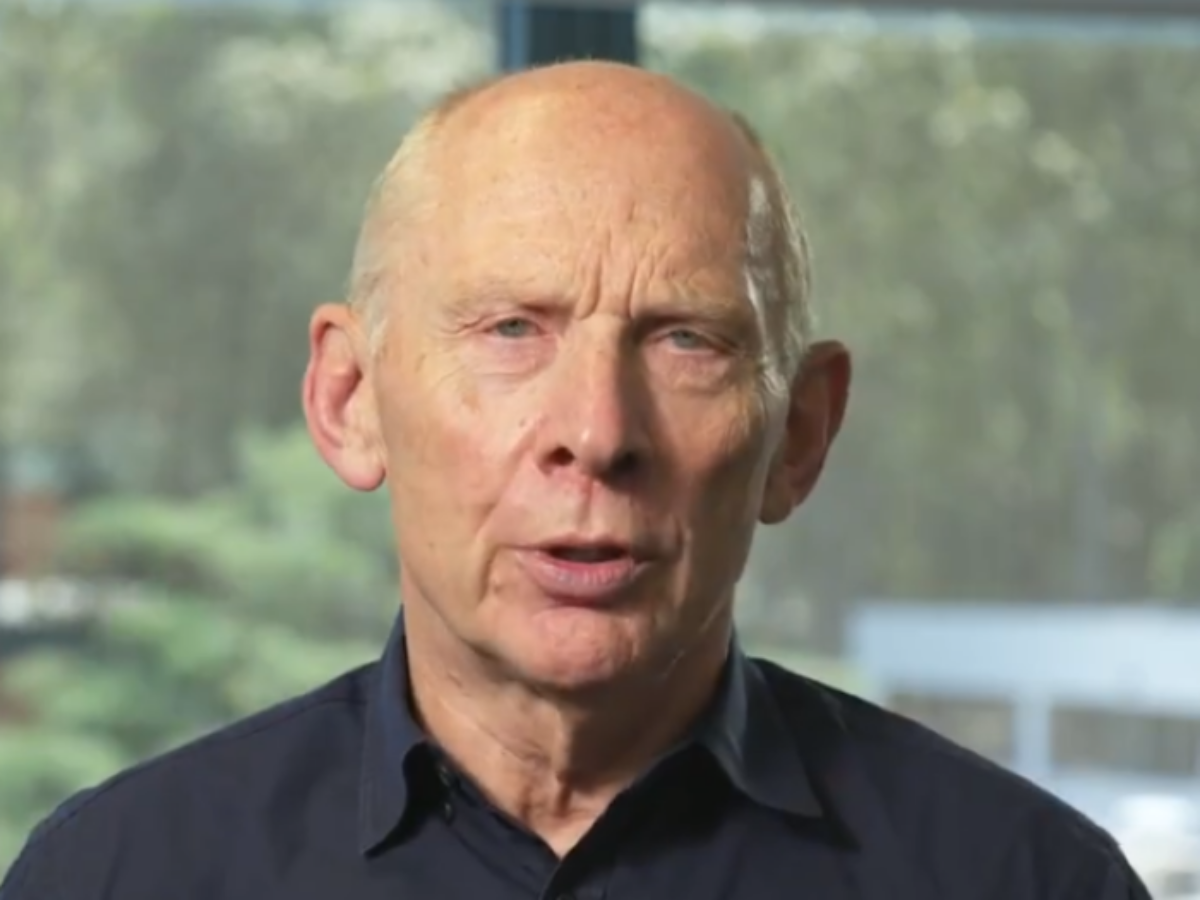National manufacturing policy for net zero transition – by Geoff Crittenden

Following last week's 2023 National Manufacturing Summit in Canberra, Weld Australia has issued a call for transformative national policy that delivers secure supply chains and a diverse renewables and clean energy economy, sustained by the manufacturing industry. Here Geoff Crittenden writes that Australia must take inspiration from the United States, and their Inflation Reduction Act (IRA), which allocated upwards of US$500 billion to boost clean energy.
We are now at the stage where even the most obtuse observer must realise that global warming is real and is coming at us much faster than we imagined it could. Last year, Australia experienced record floods, with countless people losing their homes. This year, we’re expecting a record bushfire season, with the Northern Hemisphere already experiencing some of its hottest temperatures on record. The climate crisis makes manufacturing the renewable energy revolution an imperative.
The United States, through the IRA, has taken shown tremendous leadership, enacting a plan to tackle the challenges of the renewable energy revolution; a plan with manufacturing at its heart; and a plan that is already delivering unprecedented growth in the sector. A combination of tax credits, loans and subsidies, the IRA is an investment in—not a cost to—the US economy. An investment without which the US economy and society could suffer catastrophic and irreversible damage.
In Australia, the task of responding to the IRA seems to have created such an insurmountable challenge that we have ground to a halt. A policy of fiscal conservatism driven by Treasury is obstructing any type of progress. We are defeated before the first shot is fired.
The IRA has already had remarkable beneficial impacts: in its first six months in operation, over 100,000 new clean energy jobs have been created across 90 projects, investment in clean tech and semiconductor manufacturing has doubled, and real spending on manufacturing has also more than doubled. It is little wonder that these bold government-led investment plans have already been echoed in Europe, Canada, India, Japan and South Korea.
Australia must stop debating the fiscal policy and act. We must become a valued partner within international renewable energy supply chains. We must overcome our traditional ‘dig and ship’ mentality and leverage our critical minerals supply to manufacture complex, value-added renewable energy products onshore.
If Australia is to ever achieve net zero, we must have our own version of the IRA, tailored to our local conditions. Australia simply has no choice. The alternative is unthinkable. We have half the net debt as a percentage of GDP as the US, so why are we even hesitating? Adjusted for the scale of the Australian economy, the Australian Government must commit $300 billion—approximately $12 billion a year to 2050—to a program similar in size and scale to the IRA. This sum is equivalent to current carbon subsidies, inconsequential when compared with the anticipated mining royalties from rare earth minerals, and less than the $368 billion we plan to spend on nuclear submarines.
With an IRA-type program that combines subsidies and incentives, commercially viable procurement procedures and a sensible national strategy, the manufacturing industry will be able to respond and carry its share of the load. Industry will be able to invest in its own facilities and create more high-quality jobs. We will not be able to manufacture everything we need but we will be able to deliver enough to provide a buffer to gaps in the global supply chain and ensure reasonable pricing.
Australia must embrace the golden opportunity that the renewable energy revolution presents. We must become a clean energy manufacturing powerhouse, that exports value-added products to world. In this way, Australia will create thousands of new jobs, reduce our risks to volatile international markets, reduce the cost of living for Australian families, and play an essential role in global decarbonisation.
It is already too late. Australia must act now. We must act bravely and fund our renewable energy revolution properly. Australia’s governments must have the courage to act now.
Geoff Crittenden is CEO, Weld Australia
Picture: Geoff Crittenden
@aumanufacturing Sections
Analysis and Commentary Awards casino reviews Defence Gambling Manufacturing News Online Casino Podcast Technology Videos





